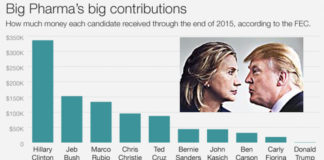Pharma Industry News Update: 24 March 2017

Patient Engagement Solutions Summit
Facebook Users “Like” Pharma, But Real Patients Not So Much!  In this 2.5-minute audio snippet, Pharmaguy contemplates how big drug companies can get hundreds of thousands of “likes” on Facebook but score very low among patient groups worldwide. Only 25% of patients, for example, think pharma marketing is ethical. A case in point is Low-T direct-to-consumer advertising.
In this 2.5-minute audio snippet, Pharmaguy contemplates how big drug companies can get hundreds of thousands of “likes” on Facebook but score very low among patient groups worldwide. Only 25% of patients, for example, think pharma marketing is ethical. A case in point is Low-T direct-to-consumer advertising.
Your browser does not support the audio element. Upgrade your browser to one that does
Big Pharma Likes Facebook for Disease Awareness & Facebook Likes Pharma Back!
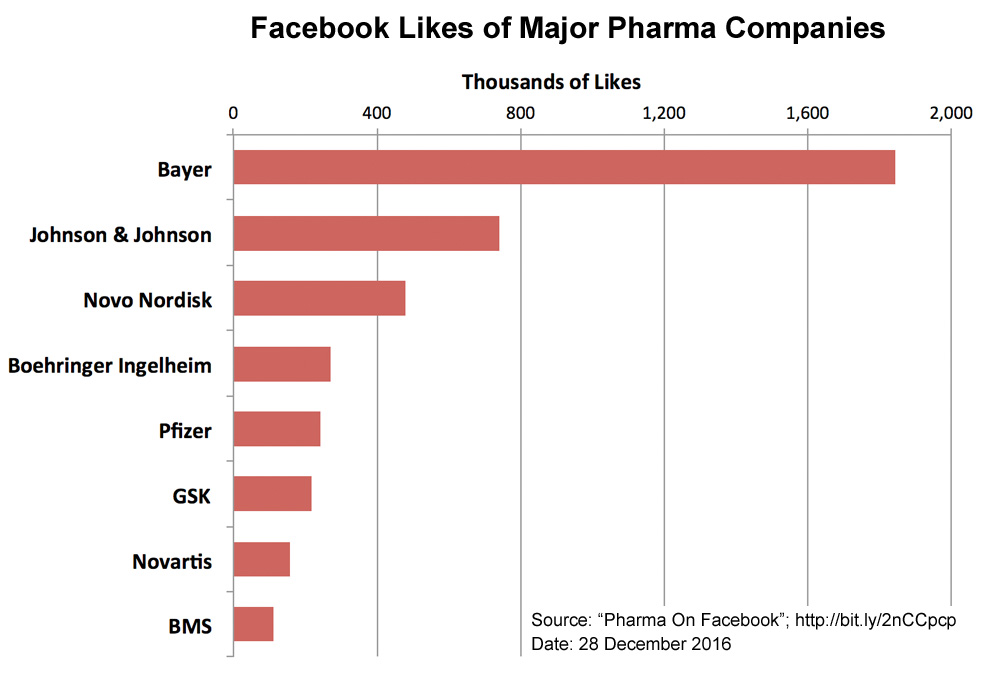
From www.fiercepharma.com
Unmetric, a social media market intelligence company, analyzed the U.S. activity and consumer engagement of 15 big pharma brands in 2016, and it found that disease awareness was the most engaging topic across all social media and pharma companies. Specifically on Facebook, company news and milestones also captured consumer attention, while on Twitter and LinkedIn, charitable causes and health tips scored well with consumers.
Further Reading:
Pharma’s Rep Among Patient Groups Sinks to Near Historical Lows
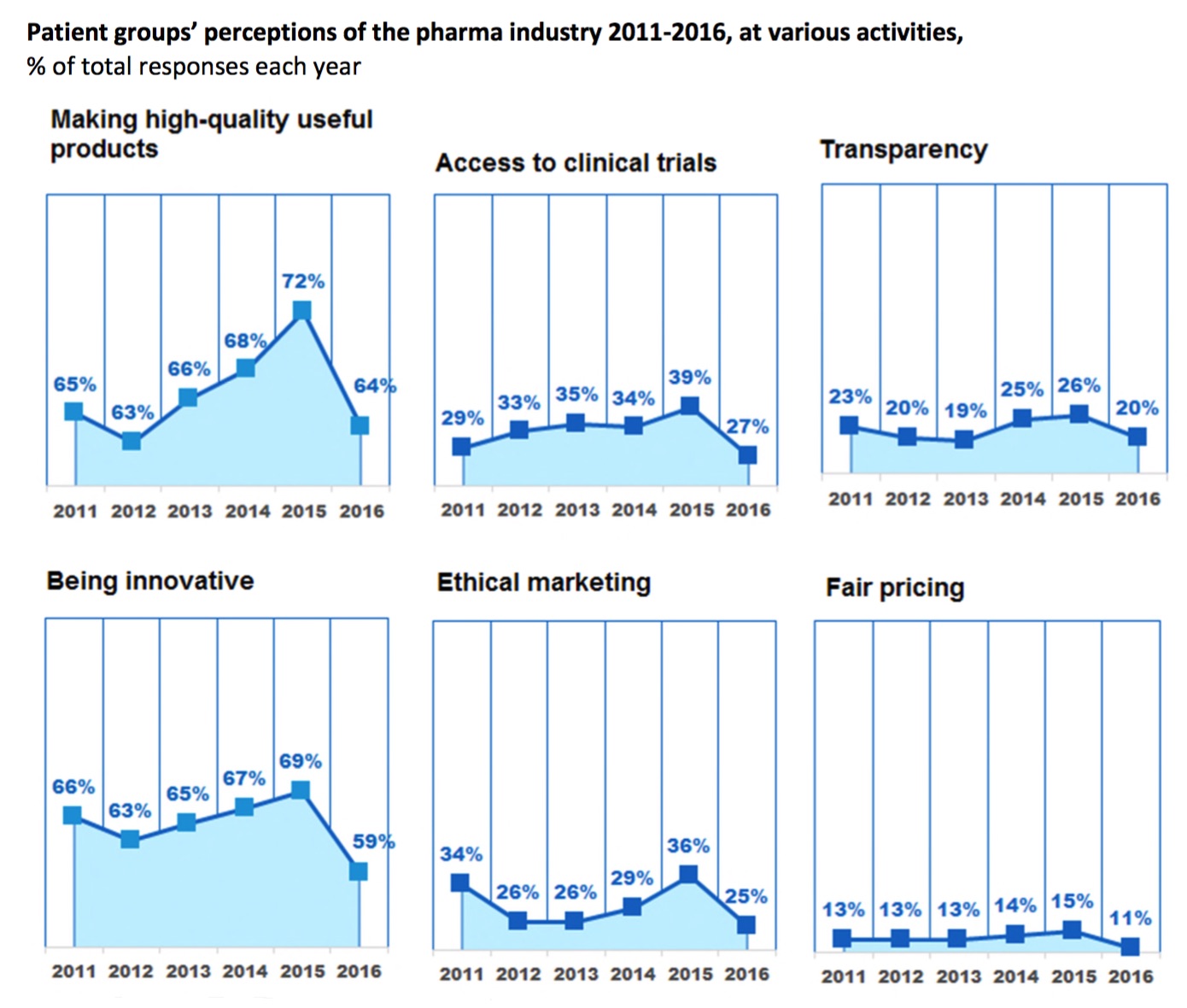
From www.statnews.com
For all the criticism that drug makers have endured in recent years, a new survey finds that they are faring worse than ever. Just 38 percent of patient groups thought the pharmaceutical industry had an “excellent” or “good” reputation last year, down from almost 45 percent in 2015 (read “Pharma’s Rep Among Patient Groups at 4-Year High“), according to PatientView, a research firm that canvassed more than 1,400 patient groups from 105 countries.
Further Reading:
- Can You Trust Patient Rankings of #Pharma Corporate Reputation?
- Americans Hate the #Pharma Industry Almost as Much as They Hate U.S. Gov’t!
- Italian edition: Corporate Reputation of Pharma in 2015 – the views of 67 Italian patient groups
- 83% of Patient-Advocacy Organizations Receive Substantial Financial Support from the Drug Industry But Few Disclose How Much
![]()
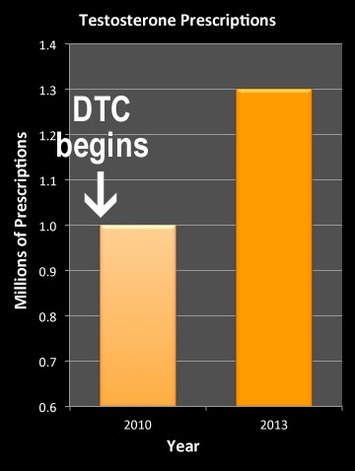 Direct-to-Consumer Advertising Is Effective In Increasing Inappropriate Prescribing, Say Researchers
Direct-to-Consumer Advertising Is Effective In Increasing Inappropriate Prescribing, Say Researchers
From www.mmm-online.com
If you needed more evidence as to why drugmakers continue to plunge billions of dollars into direct-to-consumer advertising, look no further than a recent study published in JAMA. In it, researchers found that broadcast DTC ads for drugs treating low testosterone were linked with “substantial overall increases” in patients being tested and treated for the same condition.
The authors wrote:
“While other studies have demonstrated associations between DTCA and increasing medication use, this study demonstrates increases in potentially inappropriate use and increasing initiation during a time when most testosterone use was of questionable value for age-related testosterone decreases without strong evidence of benefit.”
Also, listen to this podcast in which Adriane Fugh-Berman, MD, Associate Professor at Georgetown University Medical Center and Director of PharmedOut discusses how the marketing of Androgel uses ghostwriting, celebrities, symptom quizzes, and numbers to convince men and physicians that “low testosterone” is a medical condition that should be treated.
Further Reading:





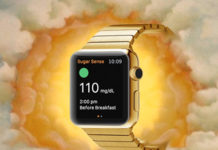
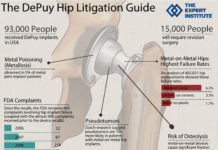

![6 Digital Tools at the Center of Healthcare Digitalization [INFOGRAPHIC]](http://ec2-54-175-84-28.compute-1.amazonaws.com/pharma-mkting.com/wp-content/uploads/2021/04/6DigitalTools_600px-100x70.jpg)




